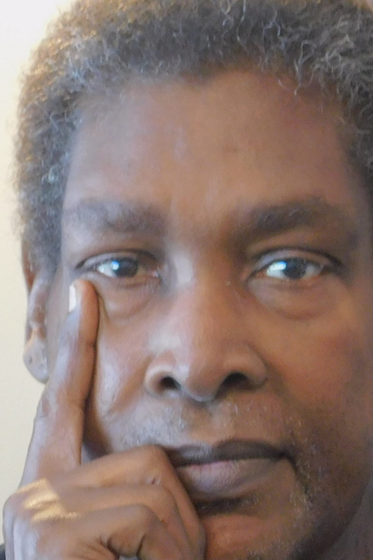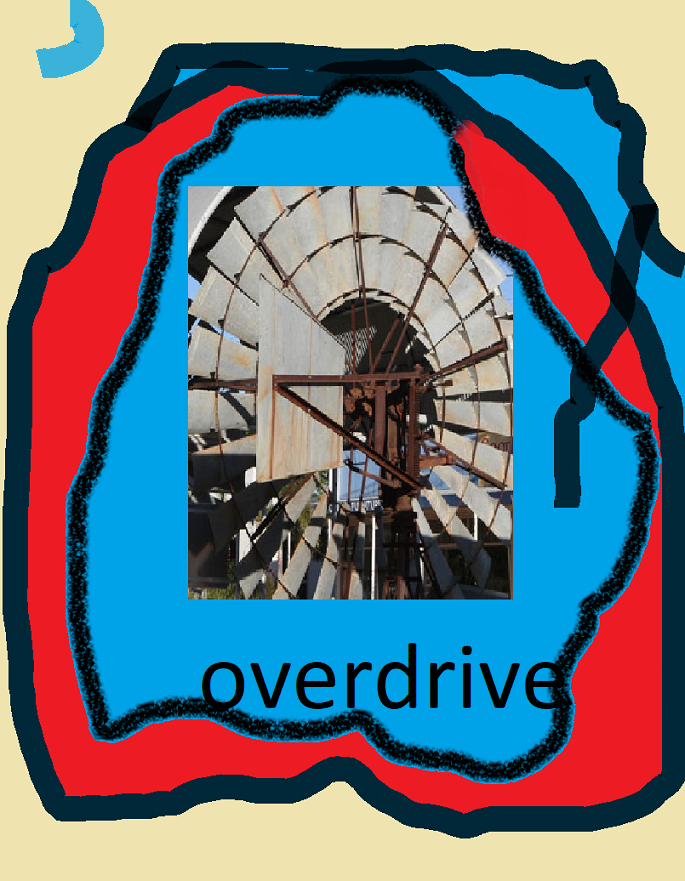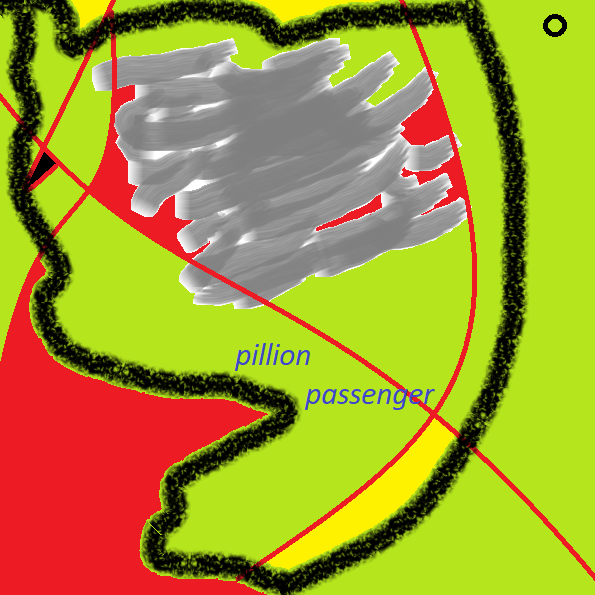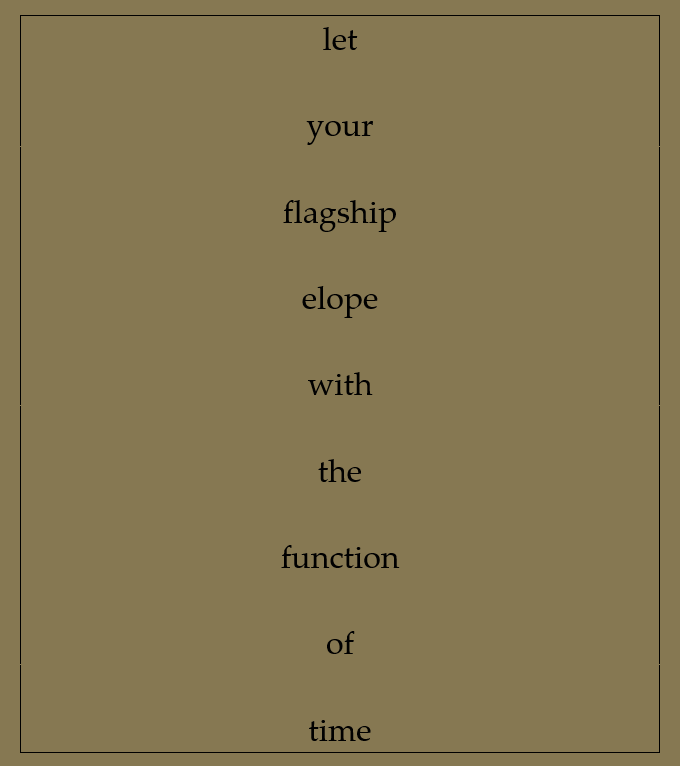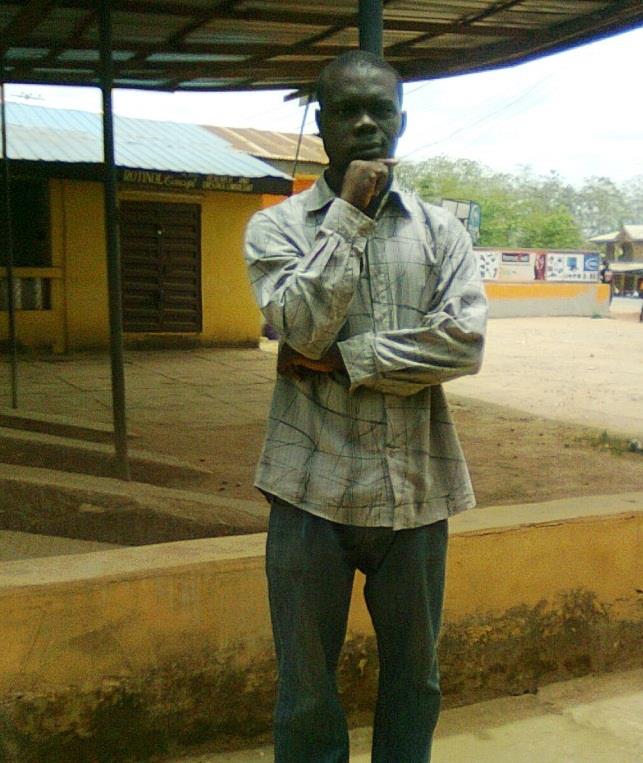Synopsis, Plot, and Summary of David Copperfield
Charles Dickens, the critical realist and social satirist of the Victorian era depicted childhood memorabilia recollections in David Copperfield through the rhetoric of fictional biographer David Copperfield. Contemporary British polemical social critique and satirist George Orwell, said, “Among the British writers there is no better than Dickens in depicting childhood.”11 year old Dickens worked in a shoe polish factory as an apprentice and later a scanty legacy enabled him to attend school since his father was released from debtors parole. David’s widowed mother Ms. Clara was seduced by the affair of Mr. Murdstone, the cold hearted or stone hearted wine merchant and entrepreneur or proprietor of the firm Murdstone and Grinby. Blunderstone Rookery had to be forsaken ever since David’s being harassed by didactic dogmatism of the step parentage.
Downcast destiny of David Copperfield, leading to vulnerable exploitation among the insalubrity Victorian industrial pollution. Mysteries of childhood labour thus deteriorates the physical, mental, emotional and psychological health of David. He doesn’t have a sustainable living standard. Lack of love and affection were prevalent universalized themes of Victorian Literature. Miracles of the Industrial Revolution ironically provided malice and malevolence in the factory lives. Descriptions of Salem House portray the inevitable tyranny of deplorable and despondent educational institutions in Victorian England. “Scraps of old copy-books and exercises litter the dirty floor. There is a strange unwholesome smell upon the room, like a mildewed corduroys, sweet apples wanting air and rotten books” Mr. Creakle, the headmaster and owner of Salem House, although profits from this enterprise but remains lackadaisical of improvement or pragmatism.
Shabbily clothed languishing lethargic master Mr. Mell and subsequently the unwelcoming embarrassment faced by David (“Take care of him. He bites”) criticizes the ethics of pedagogy and pedagogue. At the age of sixteen, Dickens began working as the apprentice for a law firm in London. The London Museum library attracted him overwhelmingly and he was privileged to learn short hand. By 1828 Dickens was endowed the Courts of Common reporter.
Soon he forsakes the legal profession to devote to the passion of journalism featuring reportage pertaining to parliamentary affairs. The legacy and fortune of David Copperfield was embellished by the association of guardian angel, Miss Betsey Trotwood, the eccentric widow with a quick mind and independent spirit (the comic precursor of Miss Havisham in Great Expectations). Mr. Wickfield and his daughter Miss Wickfield together encouraged David’s pursuits of attaining higher education. And the Canterbury Micawber family and the seashore Yarmouth Pegotty household occasionally enabled David Copperfield to idyllic settings for recreations and holiday destinations. Twists of broken hearted incidents highlight significance of parting with Emily (Emily was really naïve in bigotry and class prejudices or economic discrimination); “good as his word” and “very good looking” James Steerforth eloped with Emily sardonically. Elopement with Emily couldn’t satisfy the incest of obsessive infatuation.
Furthermore, James Steerforth blandishing accomplished wooed of Dora Spenlow, David’s first wife. Micawber family was always broken into some financial crisis or other. Mr. Micawber satirizes the biographical allegory of Charles Dickens’ father John Dickens. John Dickens was incompetent with money and piled up tremendous debts throughout his life. When Dickens was twelve his father was arrested and taken custody in debtors’ prison of London New Gate. Whistling, childish naivety of Mr. Micawber’s witticism found resentment and indignation at “put lemon –peel into the kettle, sugar in the snuff tray, attempted to pour boiling water out of a candlestick”.
Nonetheless the melancholia and manic depression from burden of bankruptcy, enraged due to involvement with schemes of Uriah Heep squandering wealth whimsically mutated dramatically ever since Agnes’ aroma perfumed in this anticipation. He admires Agnes more than a daughter and indebted to her in benevolent spirits as elicited explicitly in the manifestation. Micawber proclaims to David in this passage: “Wickfield”, said Mr. Micawber now turning bright red. “My dear Copperfield, she is the only starry spot in a miserable existence. My respect of that young lady, my admiration or her character, my devotion to her for her love and truth, and goodness!…”
More next month!
